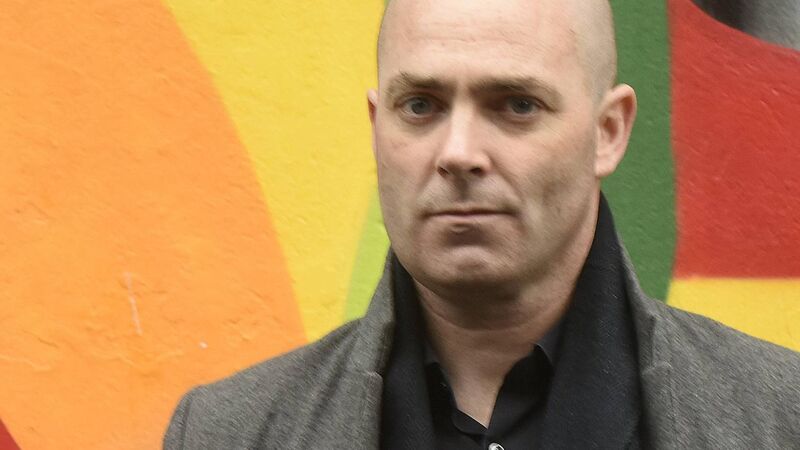Book Interview: Donal Ryan - the boy born to be a writer

Donal Ryan is acknowledged as one of the finest prose stylists at work today, recognised with a slew of prizes at home and beyond. Picture: Moya Nolan
- The Queen of Dirt Island
- Donal Ryan
- Doubleday, €14.99







